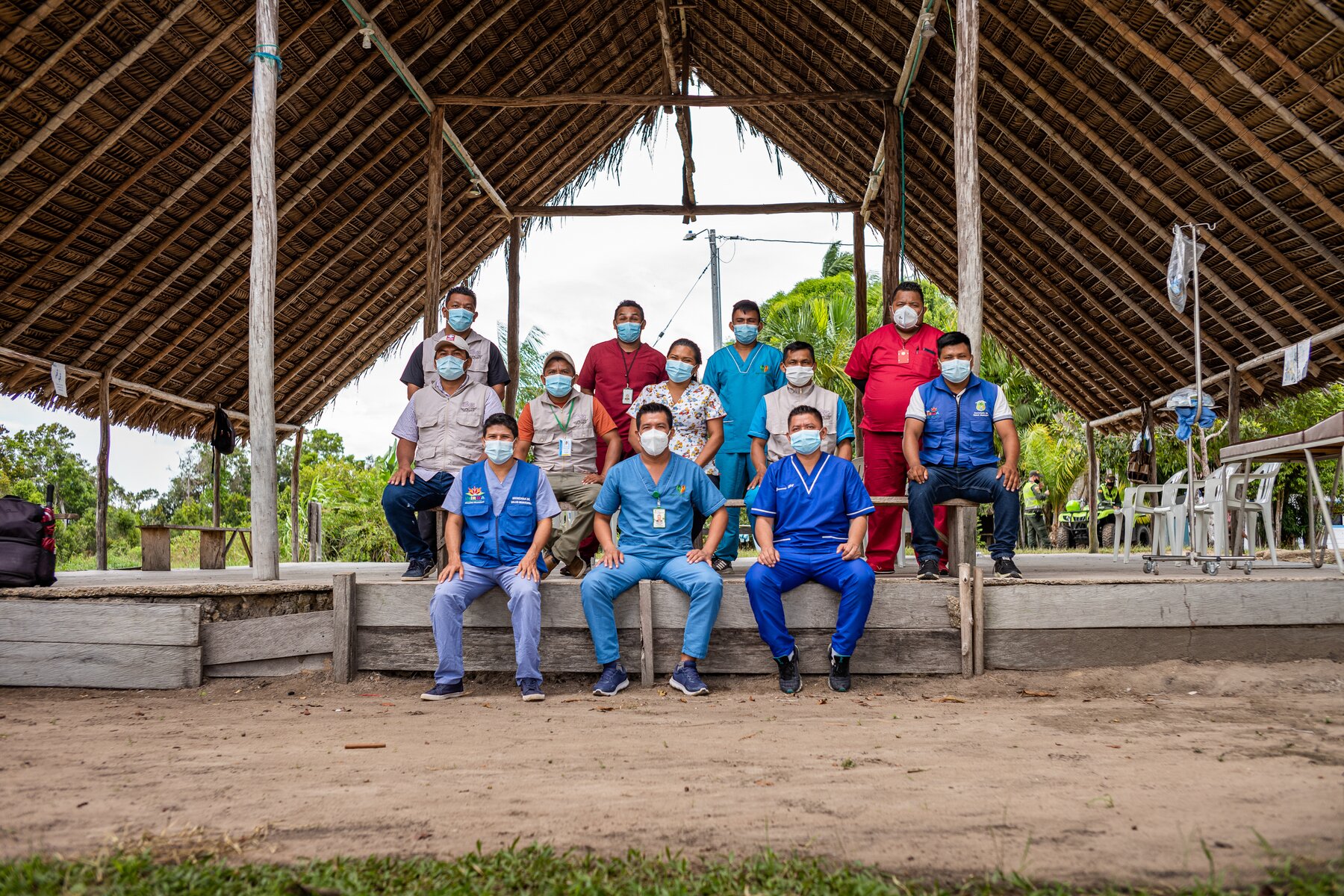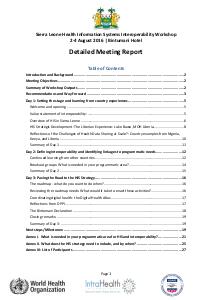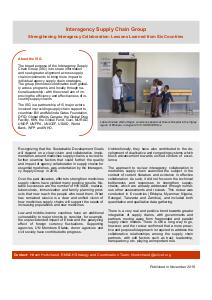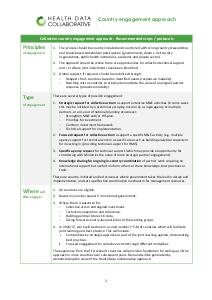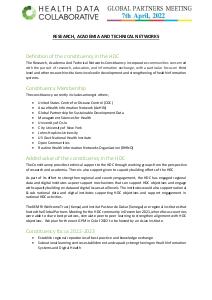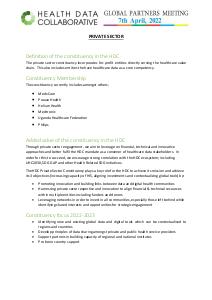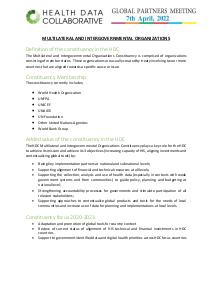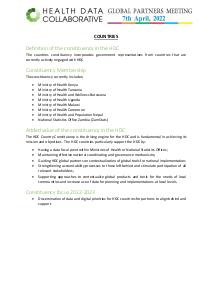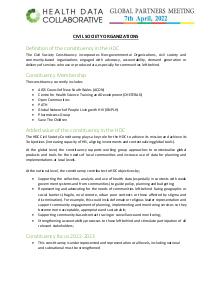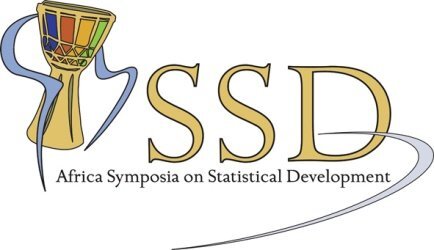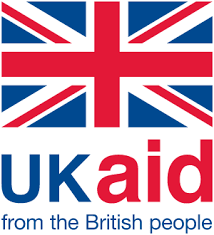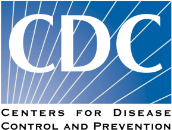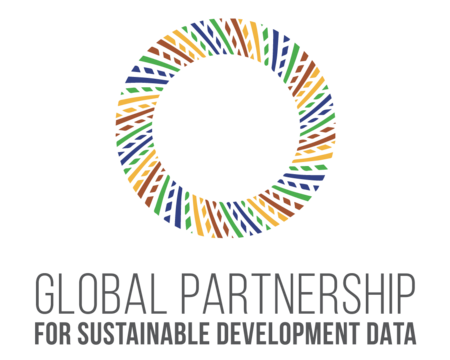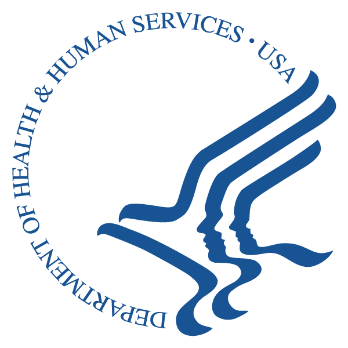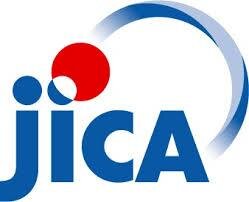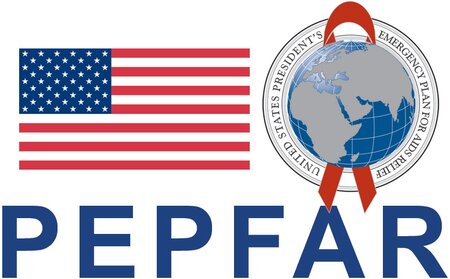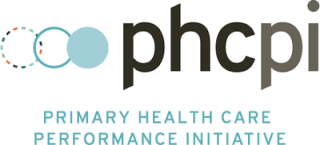RHIS Investment Case
Context
Progress towards all Sustainable Development Goals (SDGs) was impaired before the COVID-19 pandemic and the situation has since worsened. In some countries progress has stalled or even been reversed. Equally concerning, the UN SDG Progress Report shows that there are only 6 of the 17 SDGs for which more than 2/3 of countries have data to report.
Health Information Systems (HIS) are systems designed to primarily support health care by managing health data. Investing in data and digital health infrastructure as well as human capacity for data collection, analysis and use are equally important parts of strengthening overall data systems. A strong HIS is able to collect, safely store, analyse, use and share information related to the health of individuals and communities for informed decision-making and resource allocation.
Recognising that, in 2022 the HDC commissioned a piece of work to the Swiss Tropical and Public Health Institute, following the 2021 Data Governance Summit. This received recommendations and strategic guidance from the Routine Health Information Systems (RHIS) HDC Working Group and an external group of reviewers from various organisations from the HDC.
Broader efforts
The work of the HDC complements similar initiatives, including work by the Global Partnership for Sustainable Development Data to investment in more and better data to speed up progress to achieving the SDGs – also known as the “Data Dividend”. That work included support from World Bank and Dalberg and suggested there are substantial country gains, perhaps even on par with the value gained from investing similar amounts in vaccines.
The RHIS Investment Case
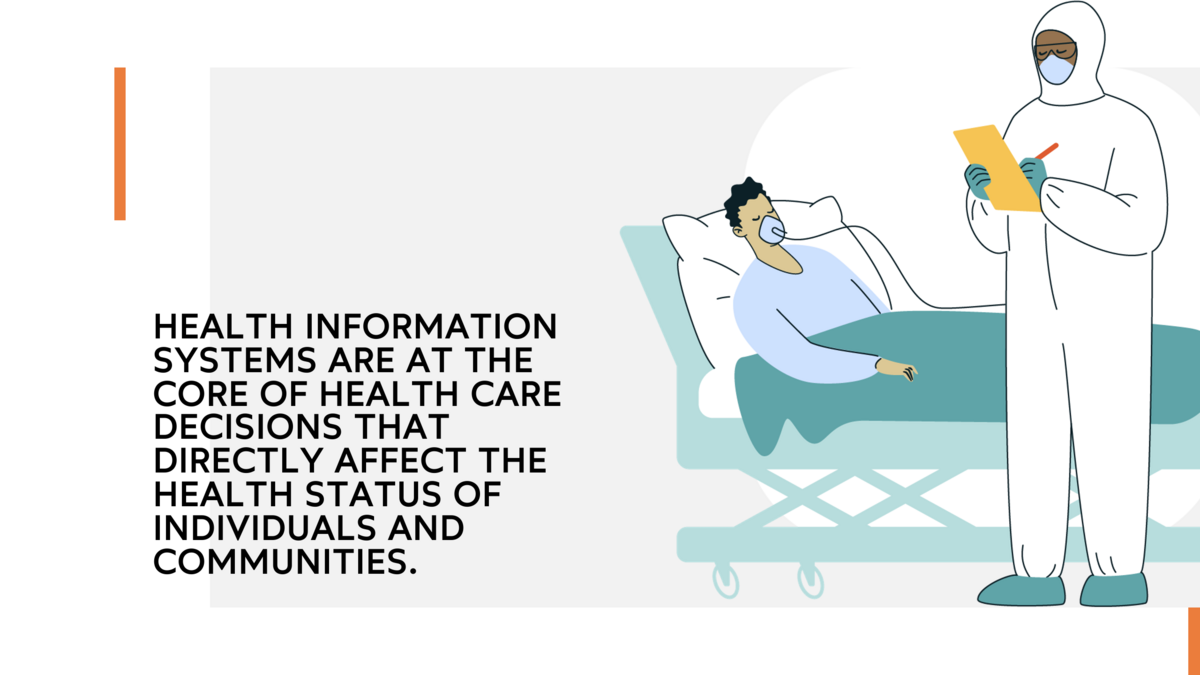
The HDC work on ‘Making the case for investing in Routine Health Information Systems (RHIS) to achieve the health-related SDGs’ provides evidence for more effective and efficient investments for health policies, programs, and budgets. Much of this evidence traditionally comes from data generated from surveys, civil registration, census, and health information systems, including an often-neglected area of Routine Health Information Systems (RHIS). This work included six country cases studies that helped make the case for better national level investment in RHIS as a possible accelerator to inform progress on the 2030 health-related SDGs.
The RHIS Investment Case highlights the value of HIS and RHIS for health care decisions that directly affect the health status of individuals and communities. It emphasises that health-related SDGs cannot be achieved if national policies cannot be implemented, and policies require accurate descriptions of problems and their specific contexts. Being the biggest source of health data in the countries, RHIS is critical for health systems and policy development and implementation. The HDC RHIS Investment Case calls for a paradigmatic shift in the way we invest in routine health information systems.
Deliverables
This work was divided in four (4) work packages, which are listed below and available as resources via our HDC Knowledge Hub:

